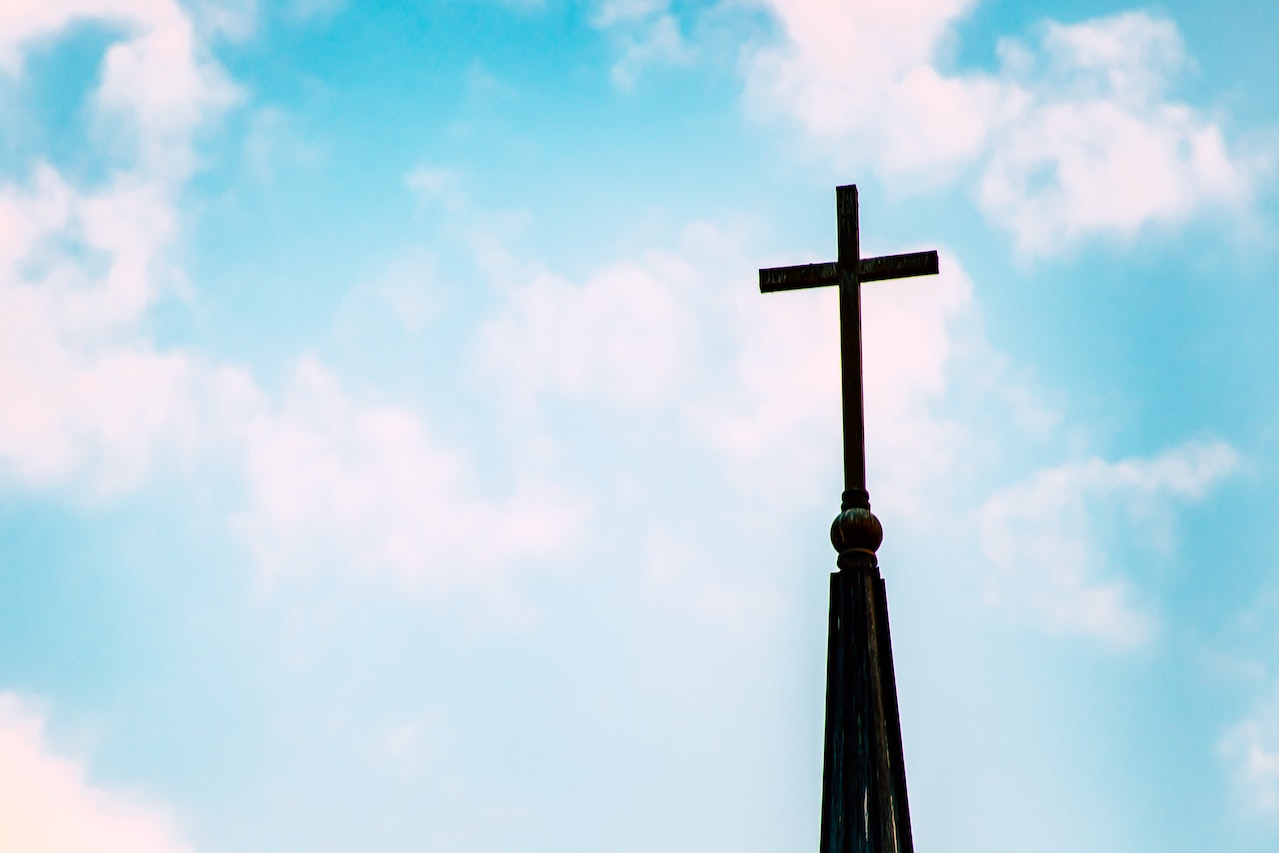Having worked with diverse faith communities to promote environmental sustainability for more than 10 years, I know there is now a deeper understanding that the climate crisis is inextricably tied to racial and Indigenous injustices. Every day, I witness a true desire from faith-based groups to address Indigenous justice as a decolonization project — and many are looking for ways to further this goal.
The Truth and Reconciliation Commission (TRC) made 94 calls to action, and the 92nd call, for “economic development projects,” is directed especially at Canadian corporations and institutions. Like many of the other action calls, this is one that has yet to take shape. Faith-based organizations can act on this call by using their stock holdings to benefit Indigenous communities.
“This is not about handouts or philanthropy,” says Mark Sevestre, founding member of the National Aboriginal Trust Officers Association (NATOA). “There are opportunities for mutual benefits. Such partnerships enhance the Canadian economy for everyone.” As a response to the TRC report, NATOA co-founded the Reconciliation and Responsible Investment Initiative, which promotes responsible investment policies.
Raven Indigenous Capital Partners knows the opportunities first-hand. Now in its fifth year, it is the world’s first and only impact investment intermediary that is led and owned by Indigenous people, running a fund with $25 million in holdings. The firm is focused on technology, climate, clean energy, sustainable food systems and food sovereignty.
Two investors in Raven Capital’s Indigenous Impact Fund are Trinity-St. Paul’s United Church in Toronto and the Catherine Donnelly Foundation (CDF), the legacy of the Sisters of Service, a progressive community of religious Catholic women.
More on Broadview:
- Canada’s national childcare program isn’t the solution for modern parents
- Day school survivors need access to United Church archives
- Was Jesus a Pharisee?
CDF’s executive director, Claire Barcik, said the success of their investment will encourage other groups to do the same. However, she acknowledges that because “systemic economic imbalances generally exclude Indigenous businesses from the mainstream economy, that lack of participation also creates the impression that investing in Indigenous enterprises is inherently risky.”
CDF recently funded the Catholic Eco-Investment Accelerator Toolkit, a guide designed for faith-based institutions seeking to align their investments with their values.
Such actions are a powerful way to increase pressure on governments and financial institutions to end financing for the fossil fuel industry and its ongoing harm to Indigenous populations everywhere.
***
Beatrice Ekoko is the communications manager at Faith & the Common Good, a national interfaith and environmental network. She lives in Hamilton.
This column first appeared in Broadview’s September 2022 issue with the title “Investing for good.”
















Perhaps Broadview should change its name once again. I suggest a change to “Indigenous Geographic”.
Is it a slow year to write about positive Christianity?
Is the UCC so upset about the past they can’t forgive themselves?